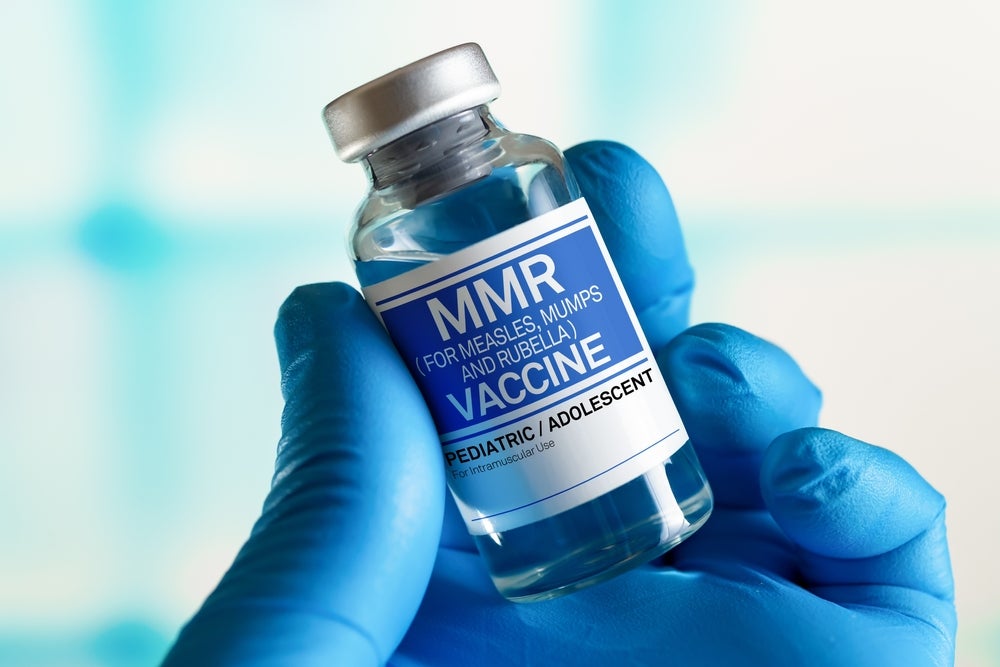Processa Pharmaceuticals declared expansion plans for its next-generation capecitabine (NGC-Cap) programme, aiming to explore its combination therapy for advanced or metastatic breast cancer in a Phase II study.
Following a meeting with the US Food and Drug Administration (FDA), the company established that pursuing the treatment for breast cancer would lead to a more efficient development programme. In a 19 January press release, Processa Pharmaceuticals's CEO Dr David Young announced plans to initiate the trial in Q3 2024. The company has recruited breast cancer key opinion leaders to join its scientific advisory board.
Young said: “We believe the pursuit of an advanced or metastatic breast cancer indication for NGC-Cap is a logical progression for Processa as it represents a larger market than colorectal cancer with the potential to differentiate NGC-Cap from the presently approved capecitabine as well as other treatments for breast cancer.”
Processa’s NGC-Cap investigates the combination of PCS6422, an irreversible dihydropyrimidine dehydrogenase (DPD) enzyme inhibitor, with low doses of Roche’s Xeloda (capecitabine). The latter drug is the oral form of 5-FU, a drug that kills cancer cells when ingested. However, use of the therapy can result in several side effects such as diarrhoea, nausea, and pain. PCS6422 is an analogue of uracil that works with capecitabine to decrease the metabolism of 5-FU, reducing treatment side effects and allowing more 5-FU distribution to cancer cells.
The FDA granted Roche approval for Xeloda in 2001 for the first-line treatment of metastatic colorectal cancer when treatment with fluoropyrimidine therapy alone is preferred. The FDA has since approved several label expansions for the tablets, allowing them to be used for conditions such as colon, gastroesophageal junction, and breast cancers.
In its NGC programme, the US-based biotech is investigating modifications of existing FDA-approved oncology drugs. Through this, the company aims to reduce patient side effects and increase the significance of cancer responses, allowing more patients to benefit from the drugs. Aside from the PCS6422 combination, the company is also studying a Gemcitabine combination with its PCS3117, and an irinotecan combination with its PCS11T for several types of cancer.
Last year, there were major shortages of branded and generic versions of capecitabine, causing a rise in the cost of chemotherapy. The American Society of Health-System Pharmacists (ASHP) reports that Teva has capecitabine on backorder and plans to release the new supply this month.















